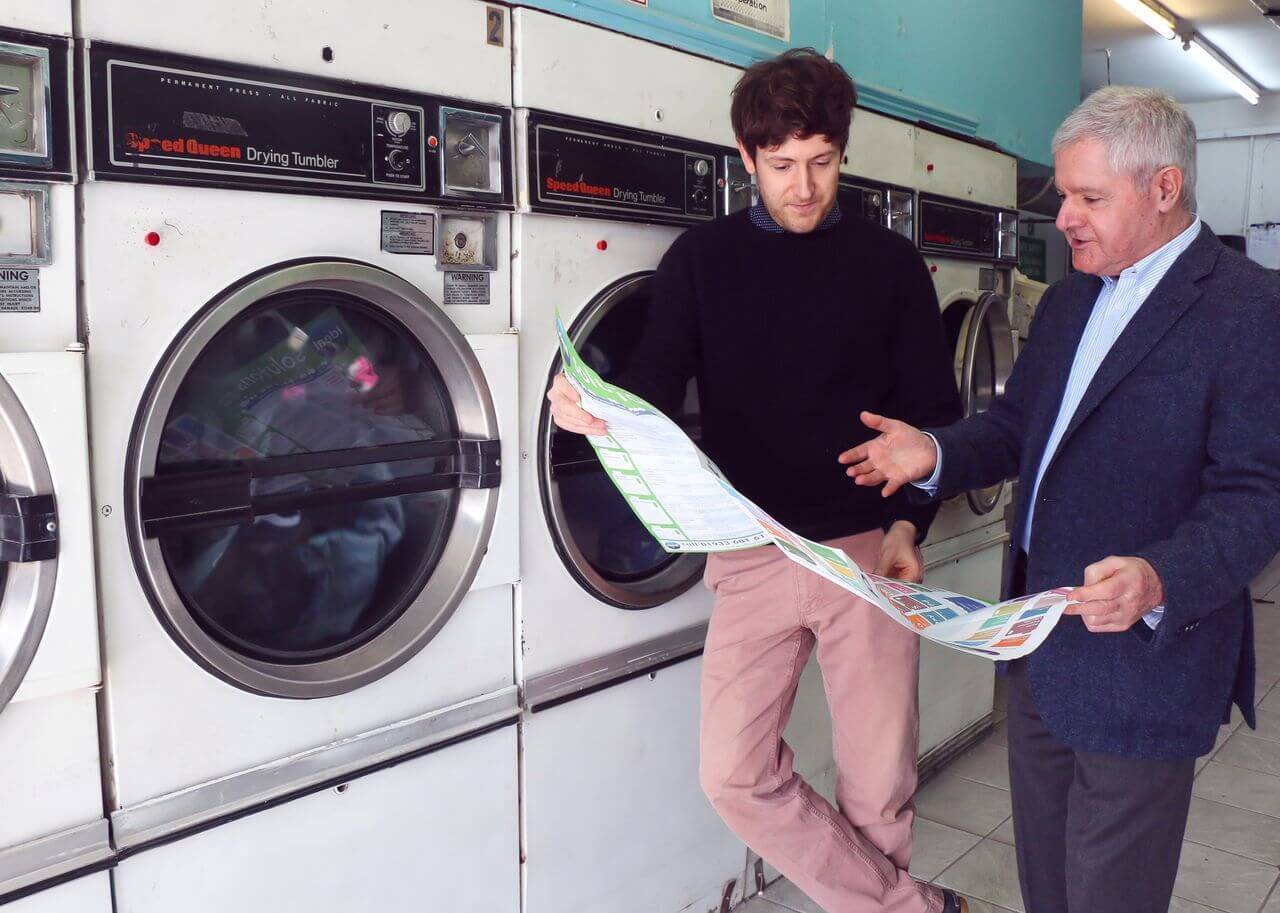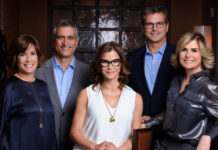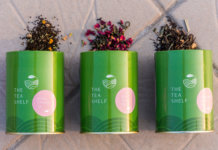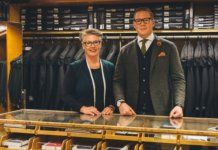As the son of a PhD in organic chemistry, Phillip Kalli was exposed to the discipline from a very young age. He distinctly remembers coming home from school one afternoon to find a makeshift laboratory set up in his London bedroom. The myriad of Bunsen burners, flasks and test tubes – a father’s experiment to confer his passion for science and entrepreneurship on the next generation – left a lasting impression on the boy. However, it took 25 years before Phillip’s aspirations in the family’s laundry detergent business came to bear.
As a young man, Phillip felt more of an affinity towards painting and music than atomic numbers and redox equations. After art college and university, Phillip managed a rock’n’roll band and worked for Mojo, a music magazine – an unconventional path, considering his current post.
In 2008, Phillip joined Ideal, the laundry detergent company his father began in 1980. Since 2015, he has filled the role of Managing Director. Today, Ideal is one of the UK’s leading independent detergent manufacturers, making private-label products for some of the country’s most prestigious brands, with contracts to some of the best independent commercial laundries.
Phillip describes his father, Mike, as a pioneer. However, he also admits that the founding generation’s marketing practices did not do justice to Ideal’s exceptional products.
With a strategy informed by his experiences in mainstream media (the music industry), digital marketing has become one of Phillip’s priorities as Ideal’s Managing Director. Under his leadership, Ideal’s marginal online presence has been revivified. Their branding emphasises fun, transparency and sustainability – a refreshing alternative to the false advertising claims and stay-at-home-mom stereotypes of the detergent industry’s traditional marketing campaigns.
Today, Ideal’s revolutionary approach extends well beyond the virtual world of digital marketing. One of the company’s most recent achievements has been the launch of an on-site launderette known as the Washeteria, a working factory transformed into a living showroom where consumers can get a better understanding of the company’s processes, see Ideal products in use and appreciate their efficacy first-hand.
We sat down with Phillip Kalli to talk about the early days of Ideal, the importance of authenticity in marketing and the various strengths family members add to the company.
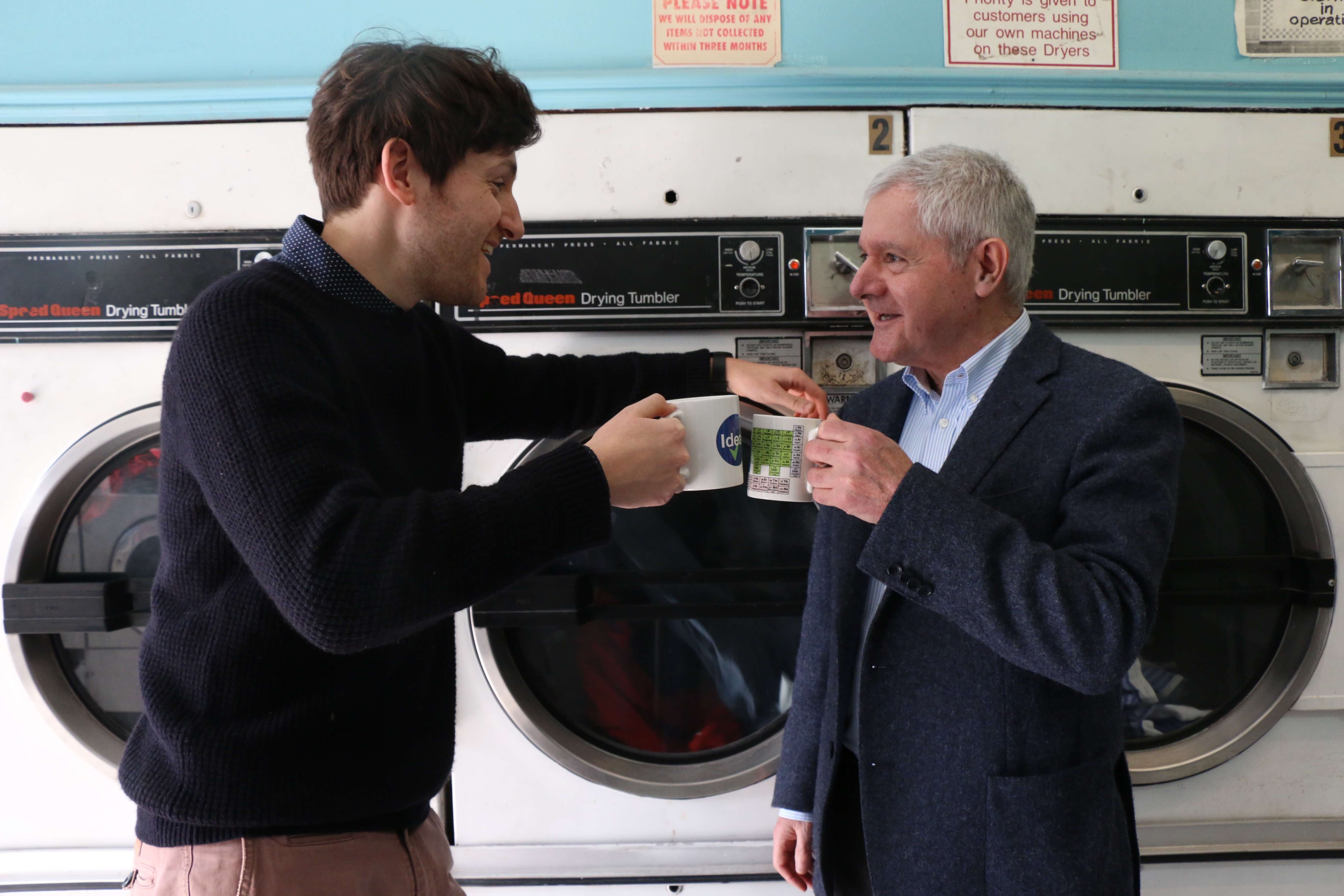
How did your father begin his entrepreneurial journey with Ideal?
It all began in 1980 when my father founded Ideal, partially by design and partially by accident. After completing his PhD in organic chemistry in London, he found employment in the laboratories of the British Hydrological Corporation. I’m not sure if he enjoyed it; I can’t imagine him working for anybody else. However, he does possess an undeniable acuity for problem-solving and became their chief chemist for this reason.
On one occasion, he was propositioned by the principal scientist of the Joe Lyon’s Group, who owned one of the largest laundries in Europe – the James Hayes Group. They were unable to solve a systemic problem with persistent staining using conventional chemistry, which was basic at that time. Incredibly, my dad had never used an industrial washing machine before but came up with a solution. He threw it in one of their machines, and the clothes came out ridiculously clean. The employee operating the machine was astonished and put in a call to his manager, who asked for a repeat performance. When it worked a second time, the manager wrote out an order for four tons of what he called ‘Kalli’s Magic Mix’ because my dad didn’t even have a name for it. That’s the defining moment when my father knew he was on to something.
He approached those in upper management, believing his products had the potential to revolutionise the industry. They seemed uninterested, citing the corporate domination of the category as indisputable. Disappointed but unperturbed, my dad decided to go ahead entirely on his own, without any investment or external support. I still can’t believe it to be honest – his ability to carve out a sustainable niche in such an unlikely field was astonishing. Now, he’s one of the foremost activists in the development and manufacturing of commercial laundry detergents. Over the years, Ideal has moved in various directions, developing a wide range of products for different industrial processes and, more recently, for retail application. It’s a staggering achievement, but if you ask him about it, he doesn’t even acknowledge it himself.

What factors necessitated Ideal’s branding strategy shift towards sustainability and transparency?
I’ll start by saying that my father suffers from something of a hero syndrome. For decades, he dealt with all the customers, fixed all the problems and perpetuated the business at every level.
The scope of his role didn’t leave him any time to focus on marketing. If growing brand awareness had been prioritised from the beginning with a dedicated marketing position, we might be far bigger than we are. However, expansion isn’t our primary motivation even today. We’re comfortable with our current positioning, and we enjoy what we do.
So, it wasn’t that we changed our branding strategy when I joined Ideal – we didn’t have one in the first place. Not only were our website and external communications archaic, but if you saw the brochures from back then, you’d think we were operating a nuclear facility. Our branding wasn’t representative of real people making real products in a lovely factory in the English countryside. I knew the value of marketing from my experiences as a band manager. Consumers need to identify with something they understand.
When I joined Ideal, Twitter and Facebook were expanding, and I built up our presence on both platforms. Initially, this was met with scepticism from the board, but before too long, we were one of the most influential laundry brands on social media.
How does the strategy work?
We realised that we didn’t need such an extensive network of distributors in the UK. We were stronger than some of the businesses that were buying our branded products to on-sell. Through our new-found traction on social media, as well as our presence at trade exhibitions, we noticed that our values of sustainability and transparency aligned with our customers.
Consumers find us and purchase our products because they identify with the brand. In letting people know who we are and what we’re trying to do in the most authentic way possible, we established a successful marketing strategy.
Consumers find us and purchase our products because they identify with the brand. In letting people know who we are and what we’re trying to do in the most authentic way possible, we established a successful marketing strategy. We do this by having a bit more fun and concentrating less on hard sales. We provide information about our products and interface with our consumers in a user-friendly way.
[ms-protect-content id=”4069,4129″]

How did the transformation of Ideal’s manufacturing facility into a Washeteria fit into your overall marketing strategy?
Factory tours are incredibly revealing: when you see a company’s processes, you can ascertain almost immediately whether it’s a business you want to be involved with.
We’re different from many of the other businesses operating in the UK commercial detergent industry because we develop and manufacture the products ourselves. We have chemists in the lab and a factory where we produce and package everything. We want our consumers to see the process and meet the people.
The Washeteria has had a positive impact on our culture as well. Staff see the value in what they do. They see Ideal products in use and realise how effective they are. Before the Washeteria, the detergents were just products to be packaged and shipped off.
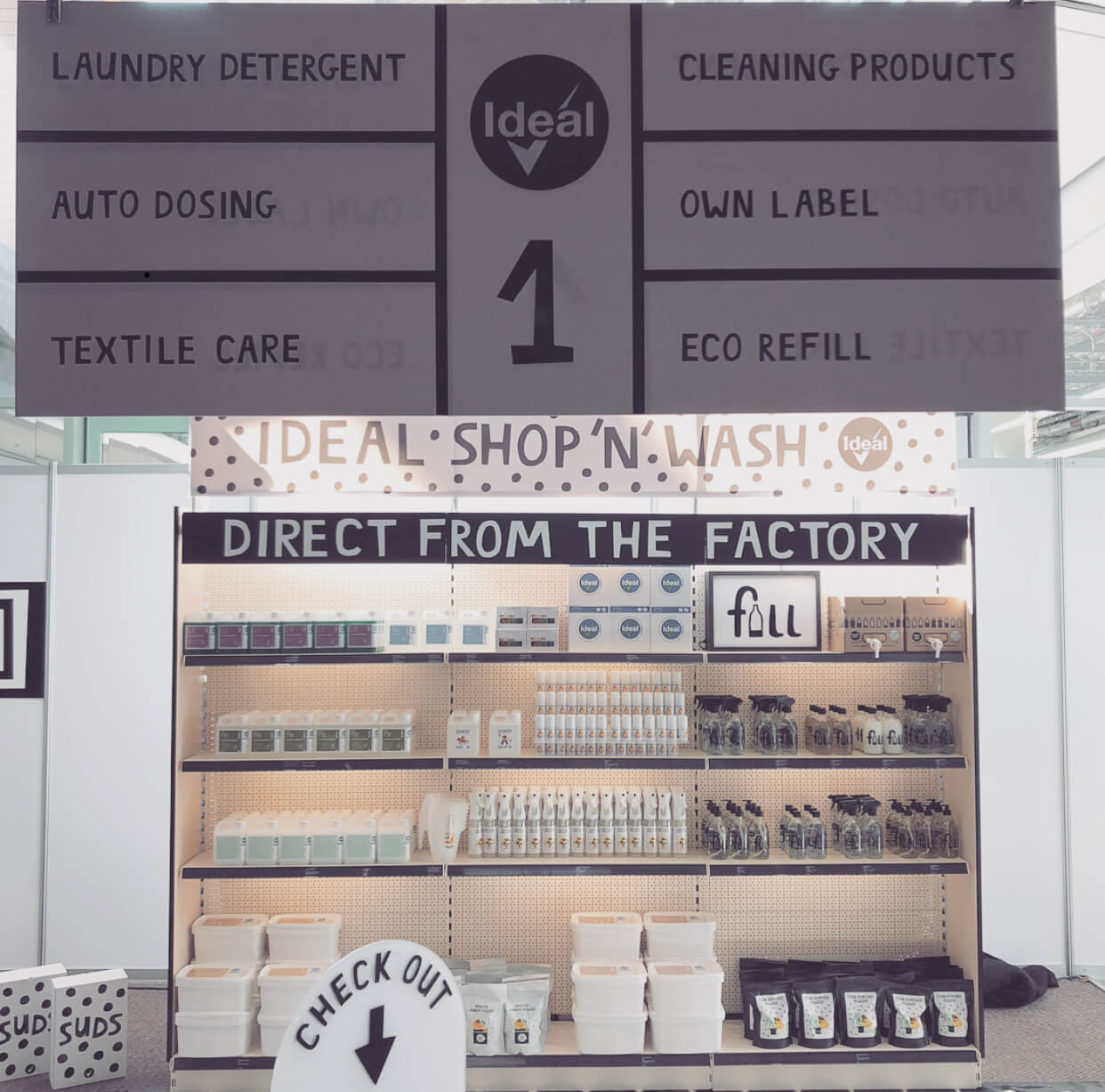
How does your relationship with your father, coming from vastly different occupational backgrounds, inform your leadership?
When I joined Ideal as a Marketing Manager, the staff knew me – some of them had known me since I was a child. They also knew that I had attended art college, worked at Mojo and managed a rock’n’roll band. Based on that information, they most likely thought my tenure would be short-lived. Furthermore, I probably wasn’t even the best candidate for the job. I felt like an impostor for a long time!
A decade at the company has brought clarity to my position on growth and sustainability. I know my dad shares my perspective.
My father is a problem-solver, and that’s still his role at Ideal. He’s in his seventies now and is still actively looking at new concepts that could save energy and resource for the industries we serve. He’s developing something he hopes will revolutionise the industry again. He won’t leave it alone. It’s just the way it works; he’s only interested in doing things better.
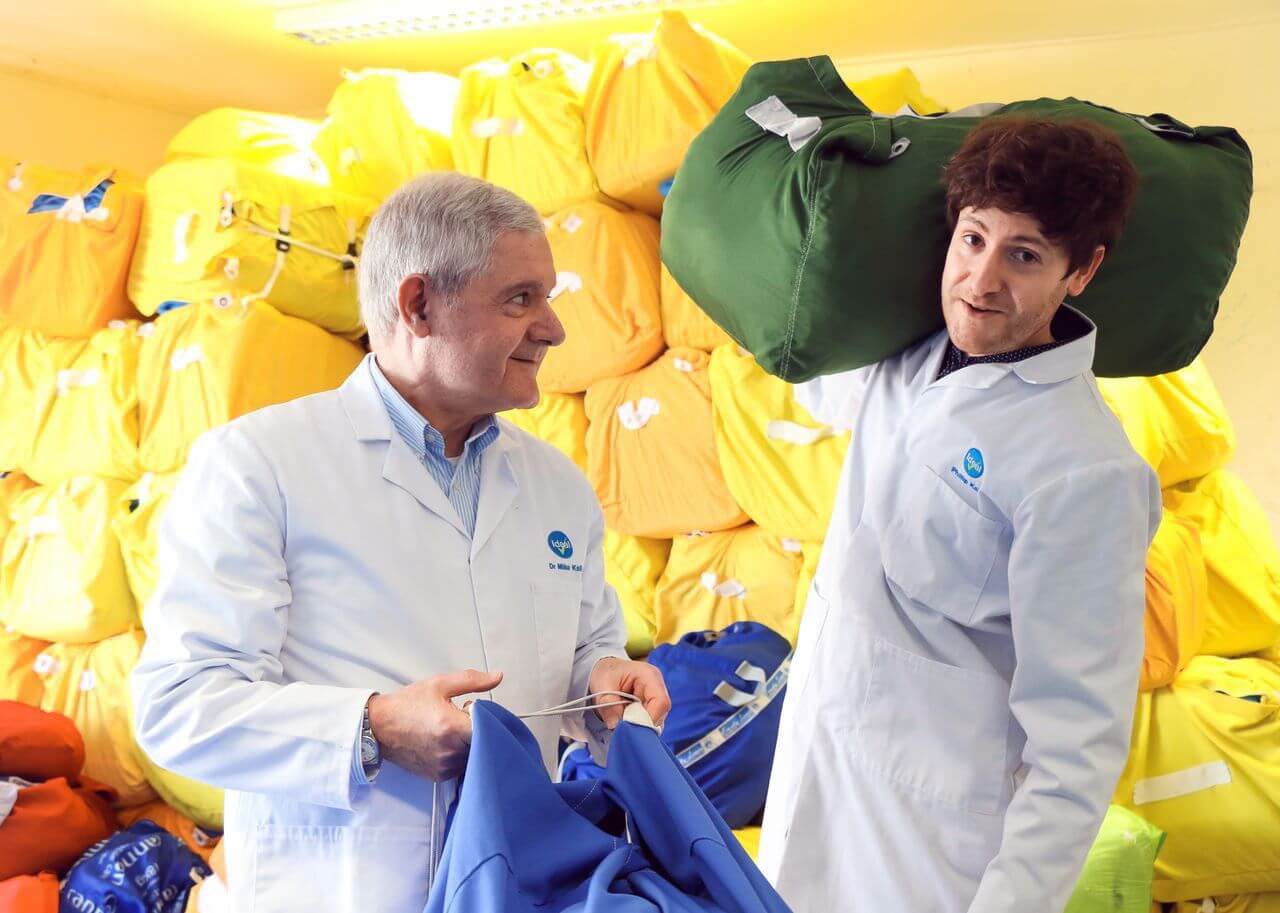
Is the continuance of family ownership and operation a priority for Ideal?
We started the dialogue about five years ago, and we’ve had a succession strategy in place for a while now. We employ a new PhD chemist now, and we have several impressive graduate chemists in the field, so we’ve dealt with any potential holes in innovation.
We’ve had offers to cash in, but it’s not our intention. We love what we have. My wife joined the business earlier this year, bringing a lot of added value, although it’s logistically difficult because we have a one-year-old son. My brother-in-law manages our exports, and he’s fantastic – he speaks six languages. At different times, my mother, grandfather and cousin have also worked in the business. I love that we can get people excited about what we do because, on paper, it’s incredibly dull.
Certainly, idiosyncrasies and minor dysfunctions exist – they’re symptomatic of any group of people who’ve worked together for a very long time. These elements make us unique.
Certainly, idiosyncrasies and minor dysfunctions exist – they’re symptomatic of any group of people who’ve worked together for a very long time. These elements make us unique. Ideal is defined by a team mentality of ‘we’ll get it done’, and between us, you can pretty much say anything to anyone. We are very lucky to have a wonderful team around us. We’re aware of each other’s weaknesses and strengths, but we know that, ultimately, we’ll pull together to satisfy the customer. There’s no politics; we’ve built Ideal together and are working to make it better.
[/ms-protect-content]


